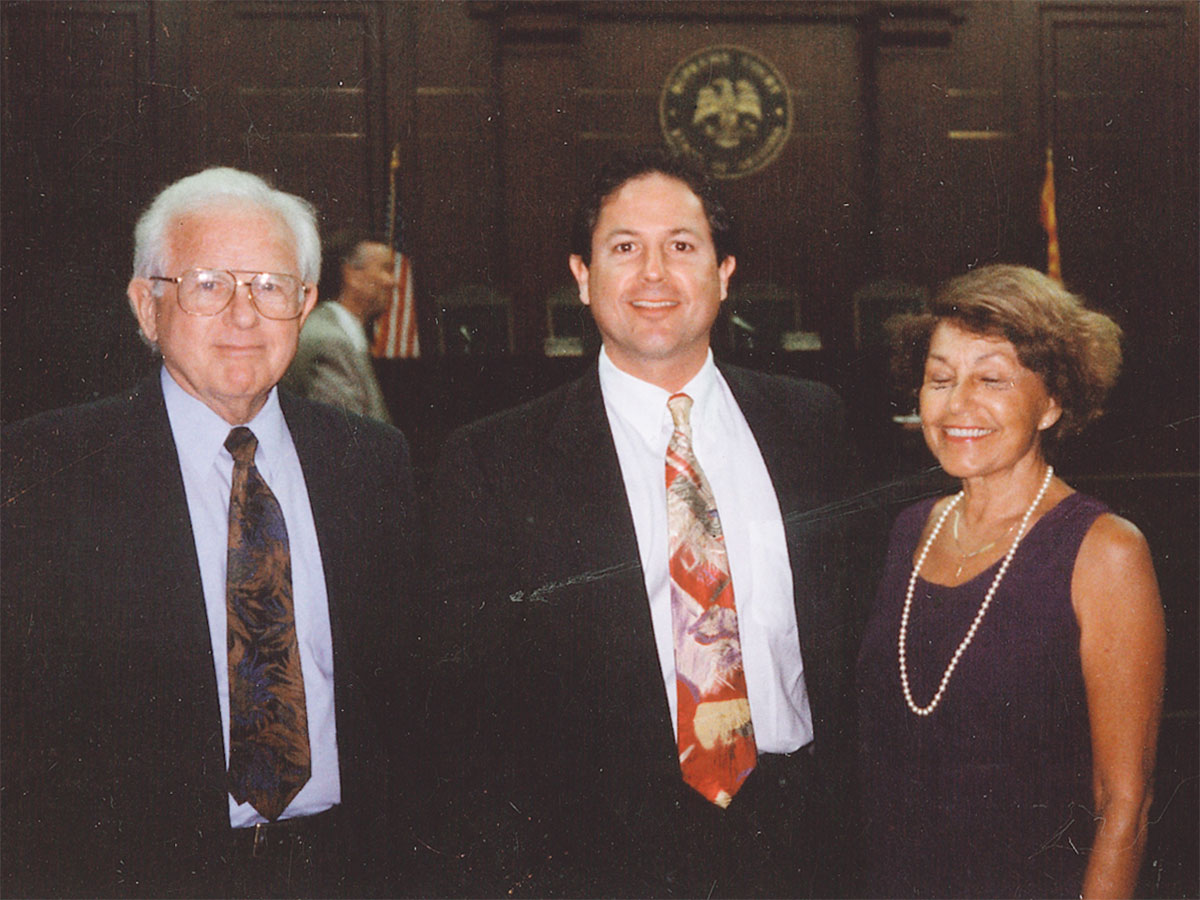To gain the attention of the news media, the Justice Department will sometimes charge innocent people with wire fraud, a common if somewhat vague type of white collar crime otherwise known as 18 U.S.C. § 1343. White collar indictments often seem like they are created for the sake of showing that the government is being tough on crime, even when the actual evidence may be shaky at best. It’s conflict for the sake of conflict, rather than a desire to seek resolution.
For example, let’s say the government audits an IT contractor who has won the bid to install fiber optic computer networks with the Department of Transportation. The audit reveals that an employee has accepted verbal pay raises along with double billing for the fiber optics lines installed by a subcontractor. That employer alleges that the employee (who works in the accounting department) made unauthorized deposits in her checking account via paycheck. The employee, not the contractor, was responsible.
The mere fact that the employee, in this hypothetical case, transferred her paycheck to her bank and then to her husband’s account to pay bills gave the FBI jurisdiction to charge both the employee’s wife and her husband with wire fraud. That is to say, the employer company may have successfully diverted the attention of the FBI away from the company to the employee by accusing the wife of intentionally depriving the “honest” company employer of money using a “wire communication” for direct deposit which expanded its “reach” to include her husband paying the bills. Headlines could read “FBI charges couple in wire fraud scheme to defraud the Government of thousands.”
Wow! This hard-working employee was happy when her boss directed her to include a raise in her paycheck. Her husband feels relieved to make the car payments on time and now they are in the headlines? “White collar criminal defendants can be very blue collar and San Diego Defenders can explain wire fraud in laymen’s terms to help our clients to understand what the heck is going on,” says supervising attorney Daniel Smith. Mr. Smith describes the Arizona Republic Newspaper article about his father, Hon, Ralph G. Smith, Jr. “Rackets Fighter Named,” as an example that his father gave him of the Government’s use of catch phrases. “My father said it was no coincidence that the article dubbed him as a ‘Rackets Fighter’ there to do everything in his power to keep the ‘Eastern hoodlums’ from getting a foothold in legitimate Arizona business to cool off and take control so competing Eastern thugs would not ‘dirty up the nest.’ Semantics play a big role in making some offenses sound more ominous than they are, and it is up to a good criminal defense lawyer to diffuse the drama the prosecutor tries to create with catch phrases and the like says third generation criminal defense lawyer Daniel Smith.
Wikipedia correctly describes wire fraud as “ any fraudulent scheme to intentionally deprive another of property or honest services via mail or wire communication .” According to Elon University, the telephone was invented in 1854 followed by Alexander Bell’s patent around 1876, so it makes sense that the United States government passed a statute for wire fraud in 1872 when the telegraph was still being used and telephone’s popularity exploded . But in the end, many of the wire fraud cases and other white-collar crimes are best described as over-dramatized and relatively minor offenses that are filed as federal white-collar crimes only because our society relies on electronic communication. The best example might be that on payday workers used to line up to be paid in cash. Where the money was separated in cans for rent, utilities, groceries and maybe a new bicycle, now it is all electronic and transferred by the use of a debit card or even the wave of a cell phone. Times have changed, but San Diego Defenders is here to help those people accused of white collar crimes no matter how dramatic the name of that offense may be, you can call us at (619) 258-8888 and we will help.


